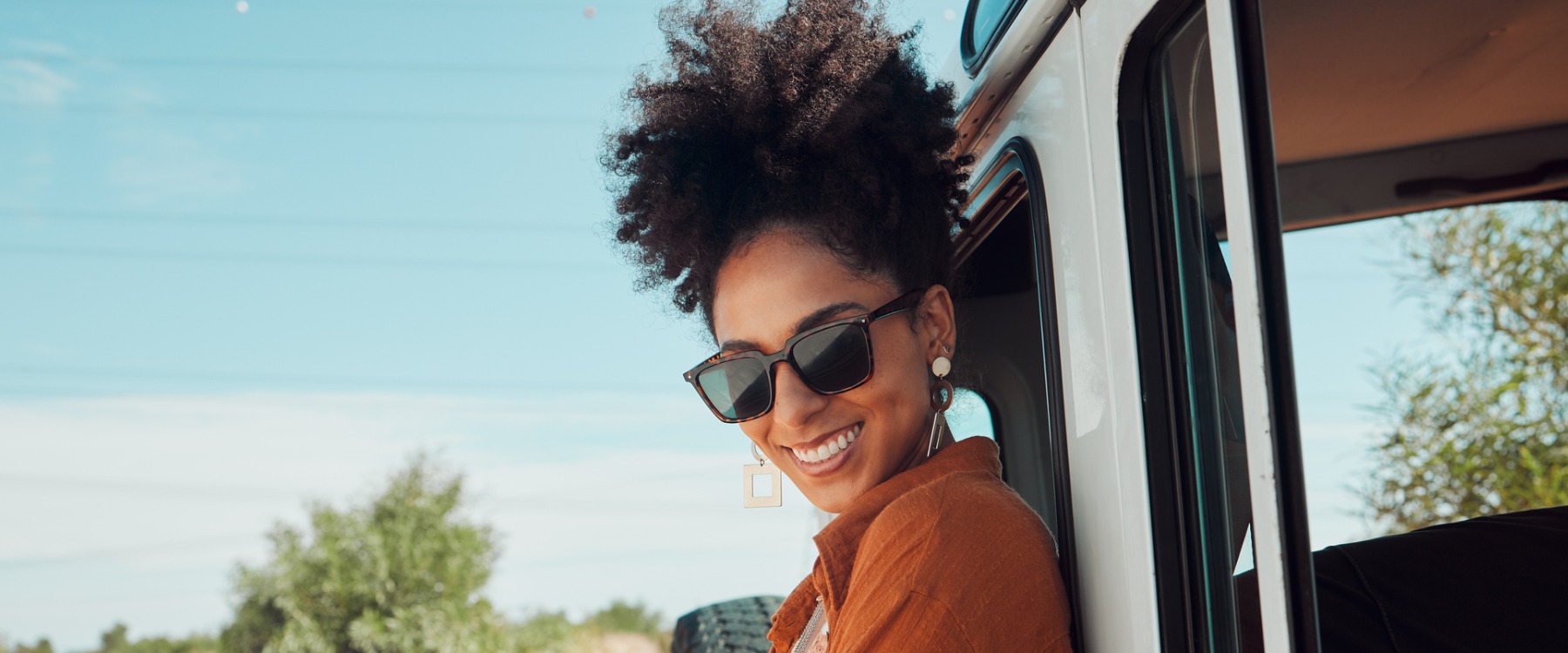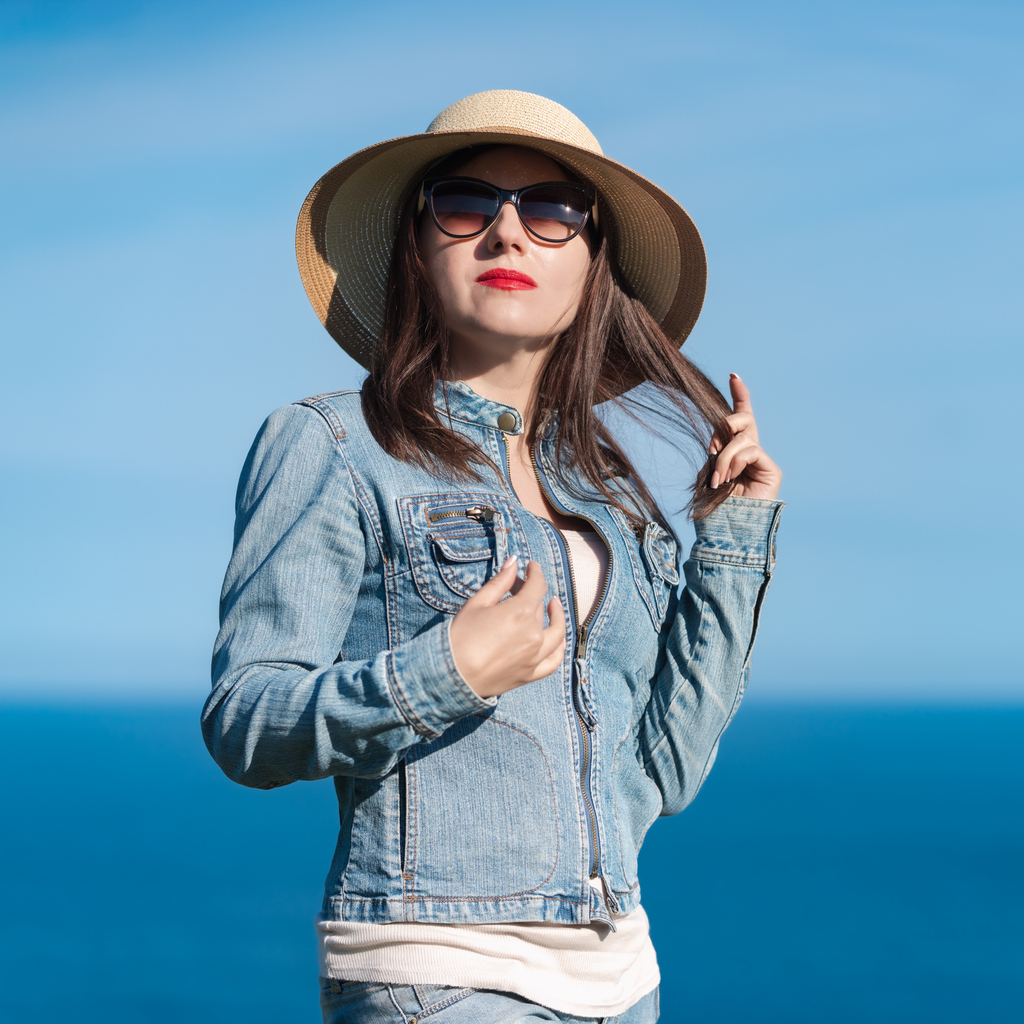Sunglasses

What Types of Sunglasses Are Available to Me? Why Should I Wear Them?
We hear a lot about how too much sun can damage our skin and lead to an increased risk of skin cancer. There is often less talk about the damage done to our eyes and why we should wear sunglasses. Here are some things to think about. Sunglasses are often seen as a fashion statement, but there are some very good health reasons why you should consider wearing them any time you are outdoors, even if it is cloudy.
- Prolonged exposure to UV light noticeably increases your risk of developing macular degeneration or cataracts as you age. About 20 percent of cataracts are caused by extended exposure. It can also worsen astigmatism.
- Sunglasses can reduce glare and improve contrast, particularly if you have existing vision issues such as glaucoma or retinitis pigmentosa. This can improve your overall vision.
- Some people find that wearing sunglasses during the day makes it easier to drive at night.
- The skin of the eyelids is thin and particularly vulnerable to skin cancer.
- Long hours at the beach or skiing can cause photokeratitis. This means your cornea gets sunburned. It is extremely painful and can cause temporary vision loss. Symptoms include red eyes, a gritty feeling in the eyes, light sensitivity, and tearing. Photokeratitis is generally temporary, but unpleasant.
- UV exposure can cause a condition called pterygium, where a growth develops on the white of your eye. This can eventually cause vision loss.
Both UV-A and UV-B wavelengths can cause damage. UV-B is mostly absorbed by your cornea and lens, which can increase your risk of cataracts. UV-A goes right through the cornea and can damage your retina.

What About Those Drugstore Sunglasses?
The easiest thing to do might be to buy cheap sunglasses at a drugstore. However, these cheap sunglasses (unless you are in a situation where you forgot your sunglasses, in which case, they’re better than nothing) can have a range of problems.
- The lenses are not properly ground and polished. This can give some users headaches or eye strain. In general, the lens material is of poorer quality, and produces less clarity of vision.
- Not all drugstore sunglasses block enough UV light. Sunglasses should block at least 99 percent of UV light. UV absorption up to 400 nm is another way of putting it.
- Drugstore sunglasses also tend to look cheap.
Never buy sunglasses from street vendors, as the chances are they are not UV rated and will do you no good at all. In fact, dark glasses that lack UV protection can increase your risk of vision damage due to the fact that they cause your pupil to dilate further, exposing more of your retina to the UV light. Your optometrist can test the UV protection of a pair of sunglasses in their office, but the best thing to do is buy “emergency” sunglasses from somebody reputable, such as a chain drugstore or a sunglass store, rather than from a street vendor. As one last note, children’s sunglasses are even more likely not to provide proper protection or to be mislabeled.

